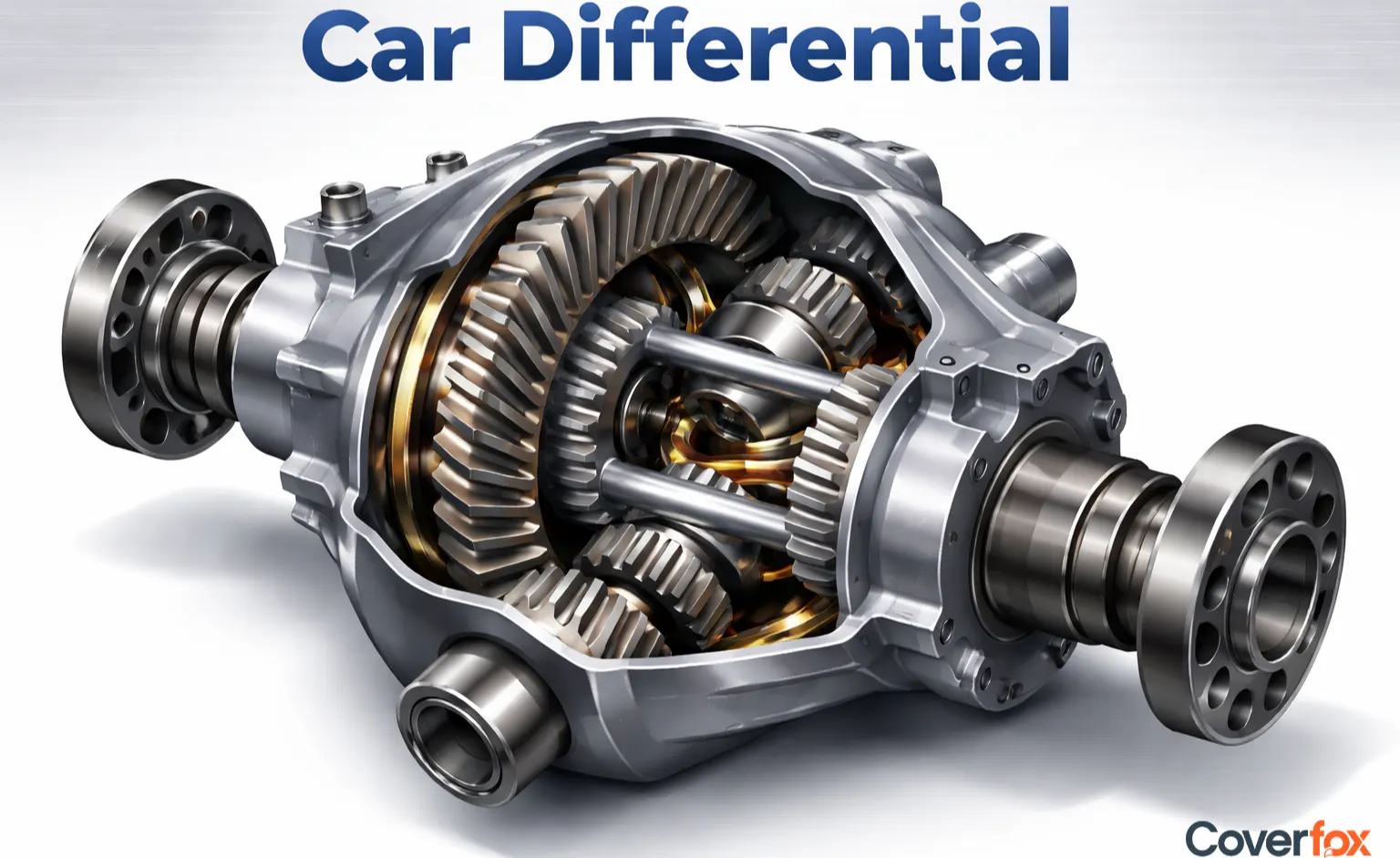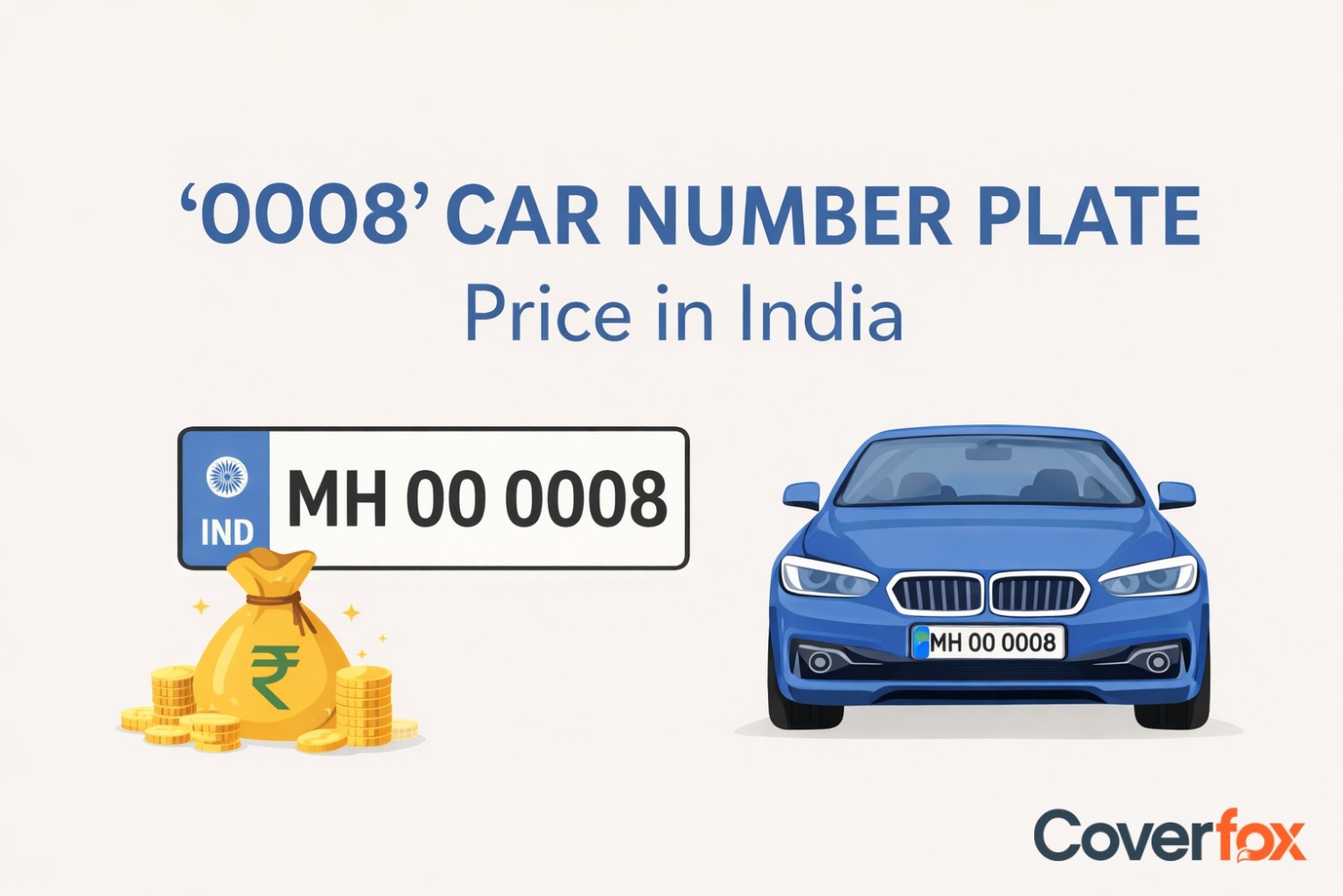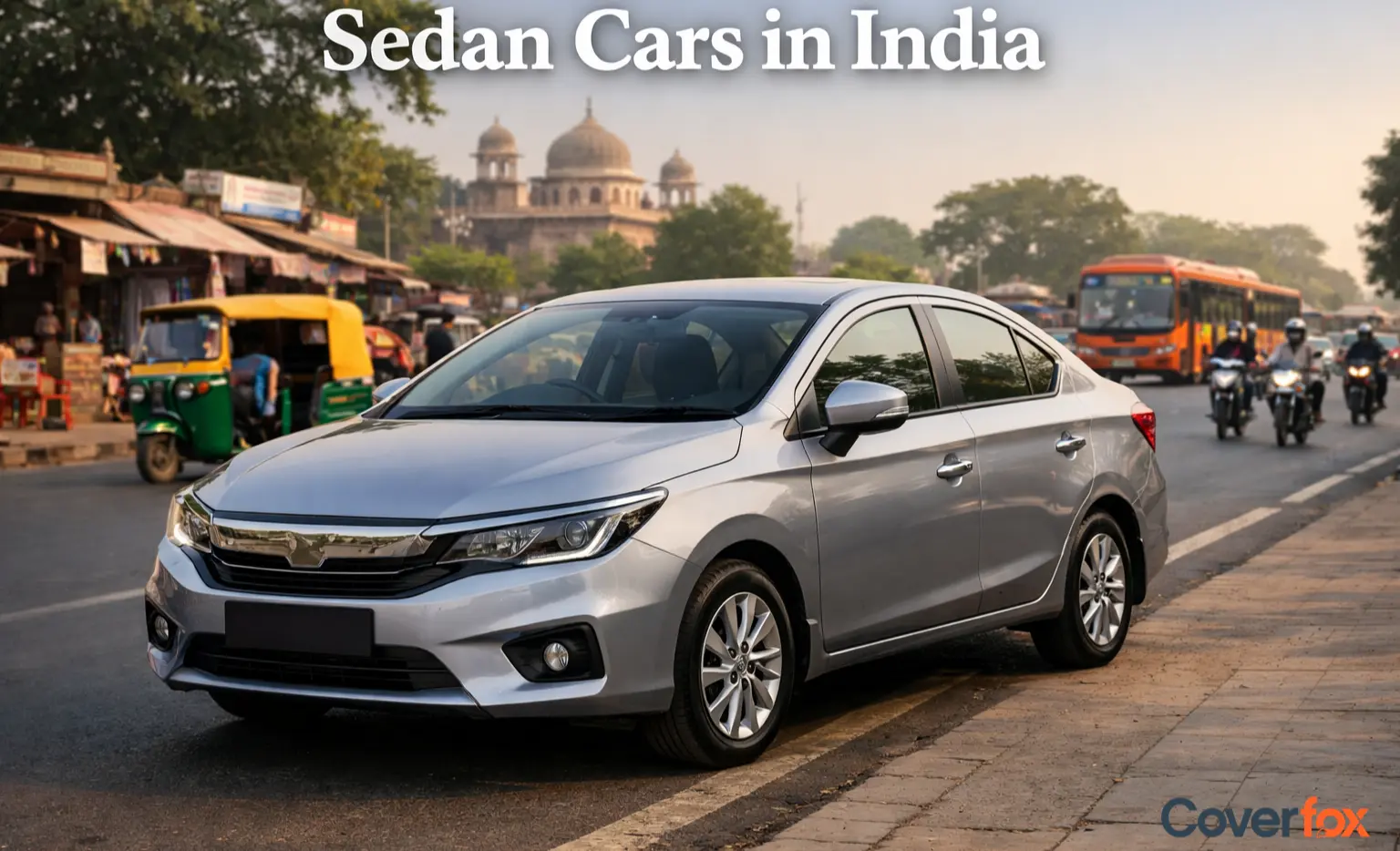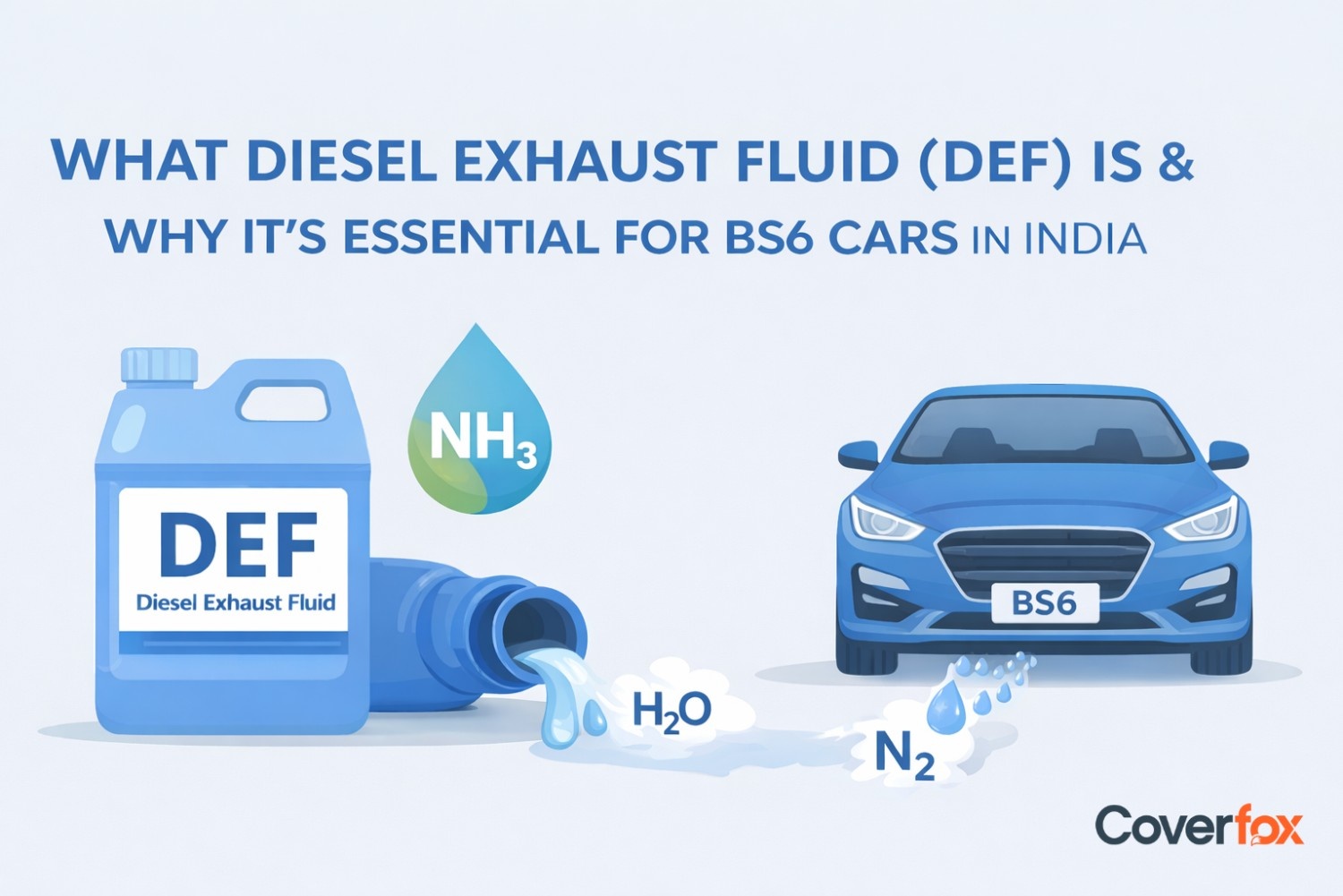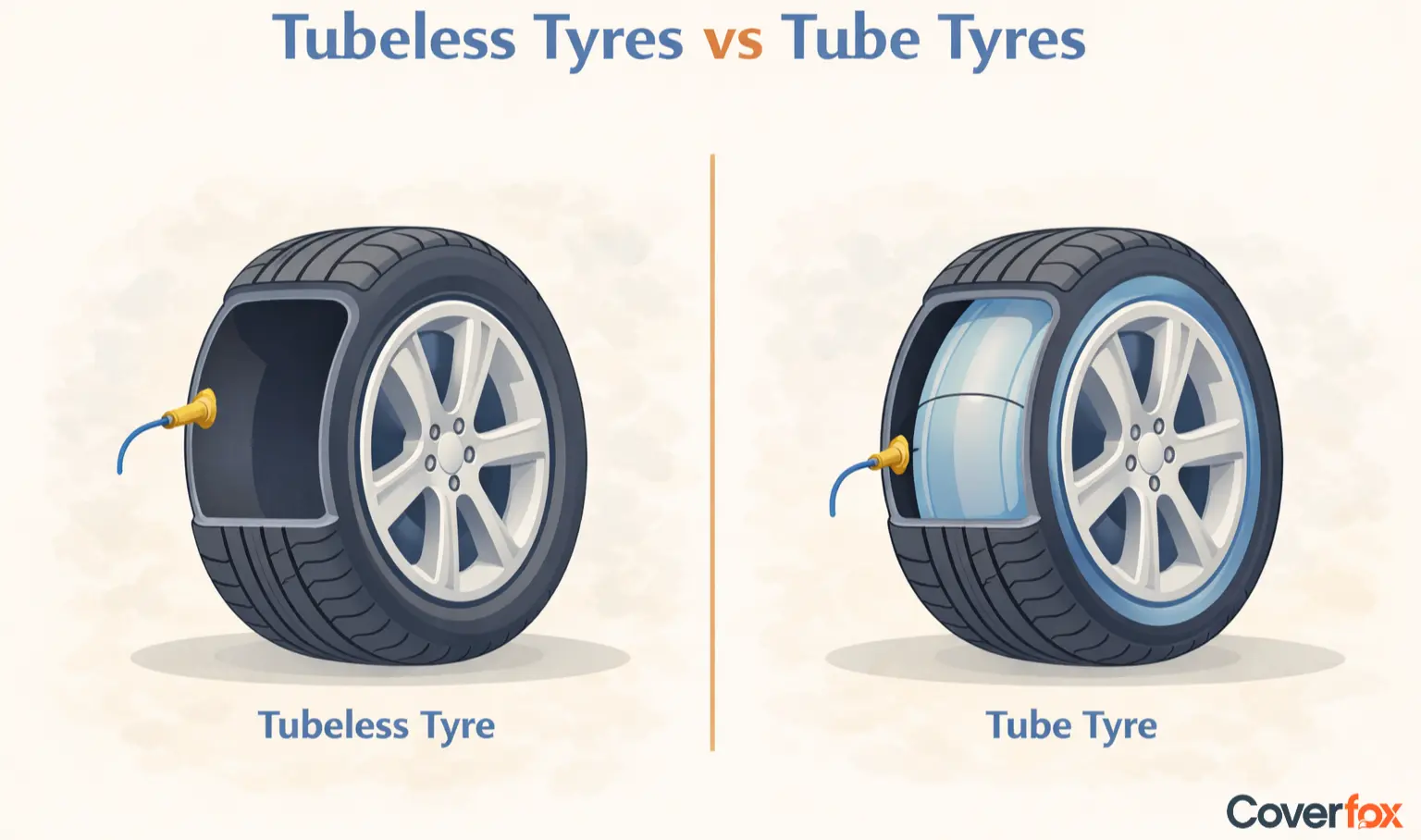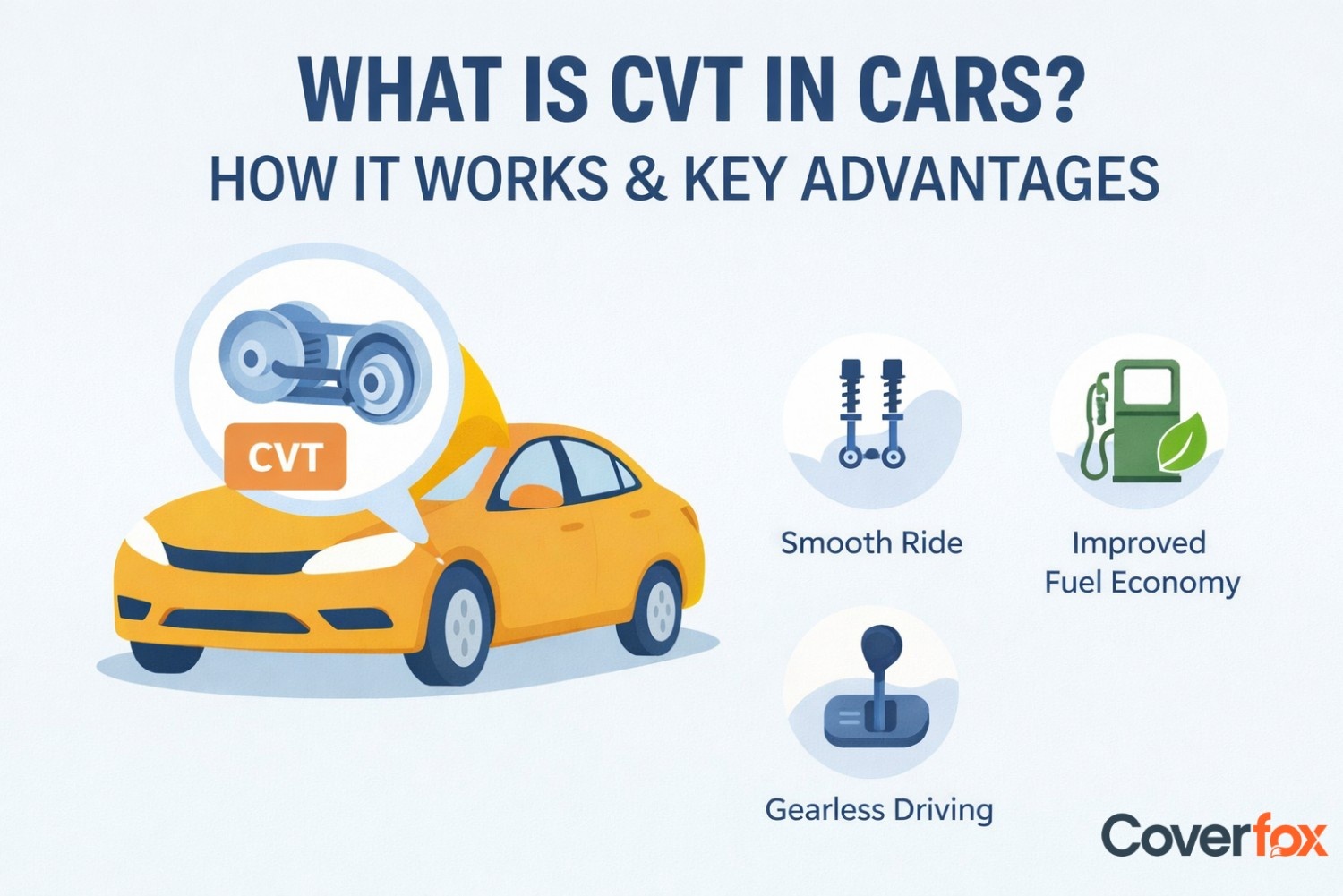The ongoing debate between 3-cylinder Vs 4-cylinder engines continues to captivate car buyers and enthusiasts when they make their decision.
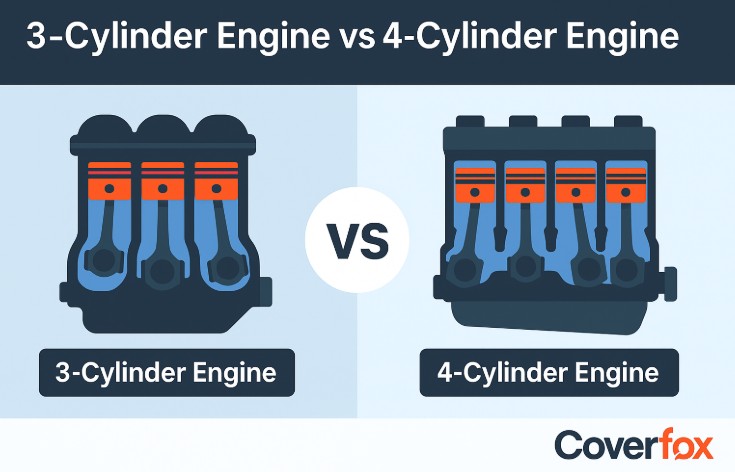
With growing emphasis on fuel efficiency, compact design, and environmental impact, automakers have increasingly leaned into the benefits of 3-cylinder engines. Conversely, consumers continue to favour the proven 4-cylinder engine due to its power balance and smooth performance. This comparison dives into how each engine type performs in real-world scenarios, highlighting differences in power output, efficiency, cost, and overall driving experience to help you understand which setup best suits your needs on the road.
Understanding 3-Cylinder Engines
A 3-cylinder engine is an internal combustion engine with three cylinders, typically arranged in a triangular or straight line. These engines are known for their compact size, lightweight design, and high fuel efficiency. While they are comparatively small, they deliver enough power while consuming less fuel, making cars with these engines an attractive option. Small cars, hybrids, and some compact SUVs commonly use these engines.
Advantages of 3-Cylinder Engines
Reduced Internal Resistance
Fewer raw materials required
Cost-Effective Manufacturing
Improved Fuel Efficiency
Increased Cabin Space
Since fewer engines are used in a 3-cylinder engine, the friction created through the metal-to-metal movement of engines is reduced, in turn reducing the friction.
One less cylinder means fewer pistons, rods, valves, etc. This reduces the raw materials required to manufacture a car with a 3-cylinder engine, thereby simplifying the manufacturing process.
One of the most important parts of a car is its engine, and if the manufacturer has to make one fewer engine, it can significantly reduce the car's manufacturing cost. Thus, cars with 3-cylinder engines are comparatively cheaper than cars with 4-cylinder engines, making them an affordable option in the market.
A 3-cylinder engine has one less cylinder than a 4-cylinder engine, meaning the former consumes less fuel to power a vehicle, making the engine more fuel efficient.
When it comes to the area required for a 3-cylinder engine vs a 4-cylinder engine, the latter requires more area. Hence, a smaller engine, like a 3-cylinder engine, allows manufacturers more room to design the car's interiors and structure.
Disadvantages of 3-Cylinder Engines
Reduced Throttle Response
Elevated Noise Levels
Noticeable Vibrations
Lower Refinement
Since a 3-cylinder engine possesses only 3 cylinders, this can negatively impact its response time. But only someone who has driven both engines can tell the difference in response time, as it is negligible.
A 3-cylinder engine is comparatively smaller than a 4-cylinder engine. Thus, it has to work harder to generate sufficient power. This can cause the engine to make a loud noise.
The firing order of 3-cylinder engines is uneven, which can result in increased vibrations. These vibrations are noticeable and cause slight discomfort to the passengers.
Since a 3-cylinder engine has one less cylinder, it makes power after a 120-degree rotation. However, a 4-cylinder engine fires its cylinders after every 90 degrees of rotation. This causes a 3-cylinder engine to be noisier than its counterpart.
Understanding 4-Cylinder Engines
A 4-cylinder engine is an internal combustion engine with four cylinders, generally in a V-shaped configuration or a straight line. This engine is known to balance power and fuel efficiency, making it popular in compact and midsize cars. Known for its smooth performance, it’s widely used due to its reliability and versatility.
Advantages of 4-Cylinder Engines
Balanced Power Output
Quick Acceleration
Smooth Driving Experience
Enhanced Refinement
In a 4-cylinder engine, there is no lag in the firing order, allowing it to distribute power more evenly. Thus, these engines can perform well at both lower and higher RPM.
4-cylinder engines offer better responsiveness as compared to 3-cylinder engines because the former engine does not lag in its firing order.
4-cylinder engines offer a smooth driving experience due to the balanced firing order.
4-cylinder engines can operate for long hours without interruption primarily because the number of strokes they perform matches the number of cylinders.
Disadvantages of 4-Cylinder Engines
Higher Fuel Usage
Increased Price
Greater Carbon Emissions
The fuel consumption of a 4-cylinder engine is slightly higher than that of a 3-cylinder engine, as the former is comparatively larger, contributing to additional weight.
A 4-cylinder engine is more expensive than a 3-cylinder engine because it requires the manufacturer to produce an additional cylinder.
While a 4-cylinder engine offers more power, it comes at the cost of higher emissions due to its large size.
Key Differences Between 3-Cylinder and 4-Cylinder Engines
To understand the two-engine cylinders better, let us take a look at the main difference between 3-cylinder and 4-cylinder engines.
| BASIS | 3-CYLINDER ENGINE | 4-CYLINDER ENGINE |
|---|---|---|
| These engines are less balanced and do require a balance shaft to provide stability | These engines are naturally stable; hence, they do not require a balance shaft | |
| Offers lesser power; however, the new turbocharged 3-cylinder engine can compete with a 4-cylinder engine | Generally offers higher power due to the additional engine | |
| This engine tends to make louder noises | While this engine is considered smoother and quieter | |
| This engine's overall cost is significantly lower because it requires one less engine | Vehicles with this engine are generally costlier due to the additional engine | |
| This is the most commonly known engine; hence, it has already established a sense of trust among people | This engine is also reliable; however, since it is new in design, most people are unwilling to experiment with a new engine | |
| Toyota Yaris, BMW i8, Suzuki Swift, Mini Cooper, etc | Honda Civic, Toyota Corolla, Mazda 3, Subaru Forester, and more |
Which One Should You Choose: 3 or 4 Cylinders Engine?
While there is no definitive answer as to which engine is better, both engines are designed to cater to different needs. So, if you are looking for an engine that offers smooth performance and better acceleration at a higher cost, you should consider a 4-cylinder engine. On the other hand, if you are a first-time buyer who prefers a lower price with better mileage, then you should consider a 3-cylinder engine.
Why Car Insurance Matters Regardless of Engine Type
Irrespective of the type of engine, car owners are legally required to purchase a third-party car insurance plan to drive on Indian roads as mandated by the Motor Act. Non-adherence to the same can lead to severe penalties.
However, now car insurance has become more than just another legal requirement to adhere to; it's your financial safety net. Whether you're a new driver or an experienced one, having car insurance can protect you from hefty expenses in case of accidents, theft, or damage. Not only does it safeguard your finances, but it also provides peace of mind on the road. If you’re looking to purchase third party car insurance online, Coverfox can be a great place to start!
Coverfox is an IRDAI-approved platform that offers a user-friendly interface while allowing you to compare various policies from leading insurers and providing expert guidance on the most suitable policy for you!
Also Read:
Frequently Asked Questions
Are 3-cylinder engines as reliable as 4-cylinder engines?
3-cylinder engines are considered equally reliable as 4-cylinder engines because both engines are made of the same materials and quality; however, the latter does offer an additional cylinder.
Does a 3-cylinder engine create more vibration than 4-cylinder engines?
While 3-cylinder engines do have more vibration than 4-cylinder engines of the same or higher displacement, the vibrations are often negligible.
What is the difference between CI and SI engines?
While both CI and SI are internal combustion engines, the main difference lies in the fact that a CI engine operates on diesel, while an SI engine operates on spark ignition.
Do 4-cylinder engines last long?
Yes! If properly maintained, 4-cylinder engines are considered durable.
Are 4 cylinders slower?
4-cylinder engines are known to offer more torque and power than a 3-cylinder engine.
Which one is better between 3-cyl vs 4-cyl engines?
The decision between the two engines can vary based on several factors. However, as mentioned earlier, 3-cylinder engines are preferred for better fuel economy and lower prices, while 4-cylinder engines are better for performance and smoother operation.
